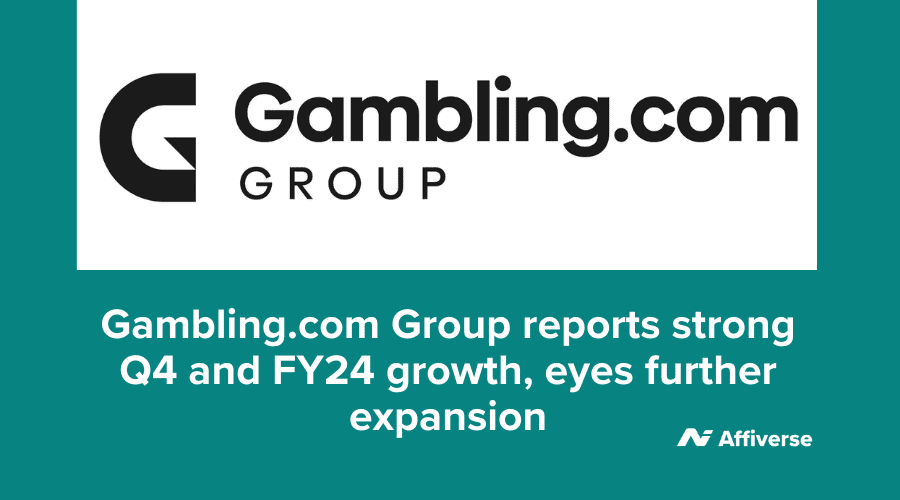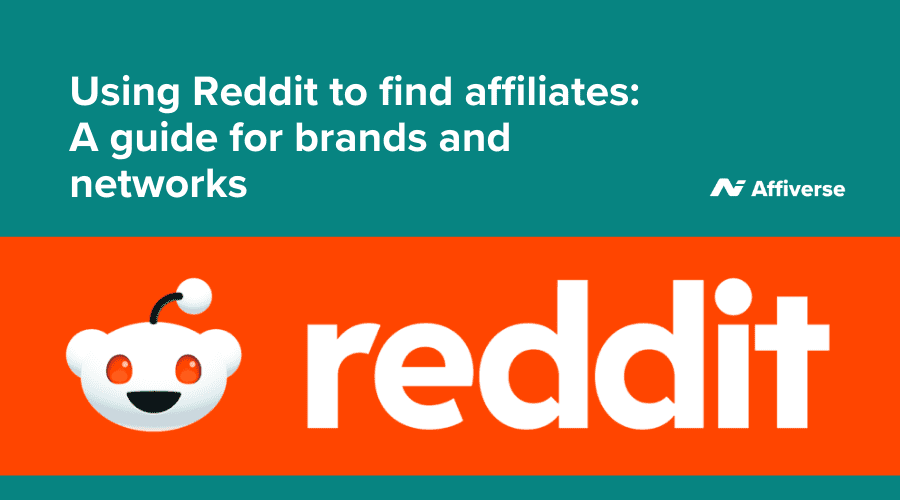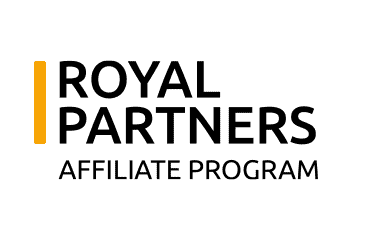Starting out your career as an iGaming affiliate can be exciting but you must approach this field with caution. Affiliates should comply with regulations set out by governing bodies for operators and if there are any breaches, the project could be over before it has even begun.
The regulatory landscape can be tricky to navigate, even for the most experienced iGaming affiliates. We’ve put together some tips for those considering launching a new site in 2024, as well as a structure for those already running their sites.
Understand the regulatory landscape
The first thing you need to think about is the location you are based in and the players you will be targeting. There are strict gambling and compliance laws in the UK and across several European countries. Unfortunately, the laws aren’t the same everywhere and so if you are targeting several markets, you need to understand the regulatory landscape.
You’ll even find that some countries like the USA have laws that differ between the various states so you’ll need to read up on this. The last thing you want is to break the law before you have even got started. In this case, the operator could face serious legal action on your behalf. The more research you do, the easier it will be to understand what is required of you.
Marketing your brand
If you have just launched a new iGaming affiliate site, you’ll want to start gaining that all-important exposure. We do advise, however, that any marketing campaigns and materials are carefully thought out. You must remain compliant at all times or the operator could potentially face legal action or a fine.
You’ll find it difficult to advertise on social media sites like Facebook without pre-approval. If you think you are posting something risky, avoid it at all costs. If you proceed, your channel could be shut down. This will help you to remain compliant and build your brand.
Stay on top of things
In the UK alone, regulations change regularly and so we must all stay on top of and advertising laws set out by the ASA or new guidelines from the UKGC. This can be difficult for new affiliates but you need to get the ball rolling as soon as possible. Look into the regulations in the country you’re operating in and you’ll be able to start building your brand legally.
iGaming Compliance: Structured Approach
Here are some essential tips for iGaming affiliates to ensure they remain compliant:
1. Understand the Regulatory Landscape
- Stay Informed: Regularly update yourself on the regulations in the jurisdictions you operate in. Regulations can vary significantly between states and countries.
- Legal Advice: Consult with legal experts who specialize in iGaming to ensure you understand and comply with all relevant laws and regulations.
2. Obtain Necessary Licenses
- Licensing Requirements: Ensure you obtain the required licenses for the regions you operate in. Each state or country may have different licensing requirements for affiliates.
- Renewals and Updates: Keep track of renewal dates and any changes in licensing regulations to avoid lapses in compliance.
3. Transparent Advertising
- Disclosure: Clearly disclose any affiliate relationships in your content. This includes using terms like “sponsored,” “ad,” or “affiliate link.”
- Accuracy: Ensure all promotional materials are truthful and do not make misleading claims about products or services.
4. Data Protection and Privacy
- GDPR Compliance: If you operate in or target users in the EU, ensure compliance with the General Data Protection Regulation (GDPR). This includes obtaining user consent for data collection and providing clear privacy policies.
- Data Security: Implement robust data security measures to protect user information from breaches and unauthorized access.
5. Responsible Gambling Promotion
- Promote Responsibly: Include responsible gambling messages in your marketing materials. Encourage users to gamble responsibly and provide information on how to seek help if needed.
- Affiliate Programs: Partner with operators who prioritize responsible gambling and have measures in place to protect players.
6. Regular Compliance Audits
- Internal Audits: Conduct regular internal audits to ensure all aspects of your business are compliant with relevant regulations.
- Third-Party Audits: Consider hiring third-party auditors to review your compliance practices and provide recommendations for improvement.
7. Keep Records
- Documentation: Maintain detailed records of your marketing activities, licenses, and compliance measures. This can be crucial in case of an audit or regulatory inquiry.
- Tracking Performance: Use tracking tools to monitor the performance of your campaigns and ensure they comply with agreed-upon terms and conditions.
8. Training and Education
- Staff Training: Provide ongoing training for your team on compliance issues, regulatory changes, and best practices in affiliate marketing.
- Industry Events: Attend industry conferences, webinars, and training sessions to stay updated on the latest compliance trends and regulations.
9. Collaborate with Compliant Partners
- Due Diligence: Conduct thorough due diligence when selecting partners to ensure they are compliant with relevant regulations.
- Clear Agreements: Have clear agreements in place that outline compliance expectations and responsibilities for both parties.
10. Use Reliable Technology
- Compliance Software: Utilize software solutions designed to help manage compliance, such as tracking and reporting tools.
- Regular Updates: Ensure your technology stack is regularly updated to comply with the latest security and regulatory standards.
Conclusion
Staying compliant in the iGaming industry requires ongoing effort and vigilance. By understanding the regulatory landscape, maintaining transparency, protecting user data, promoting responsible gambling, and collaborating with compliant partners, iGaming affiliates can navigate the complexities of compliance effectively. Regular training, audits, and the use of reliable technology will further enhance your ability to stay on top of compliance and build a reputable, trustworthy business.



















